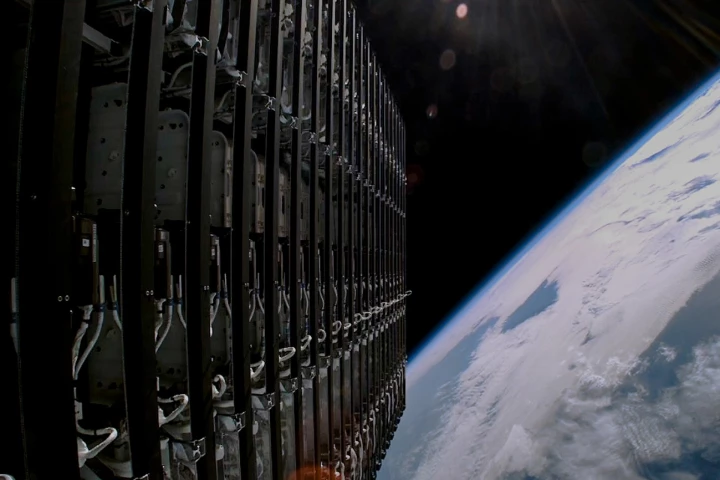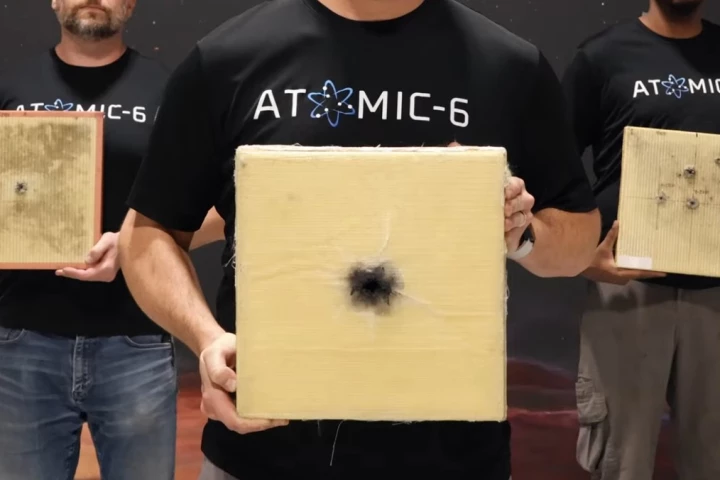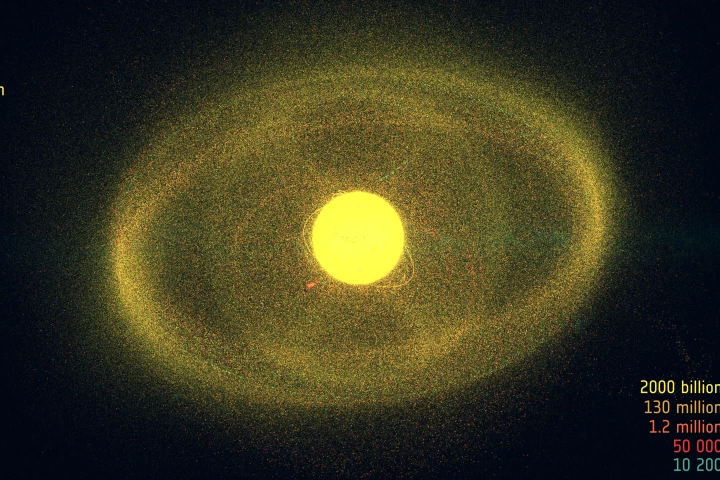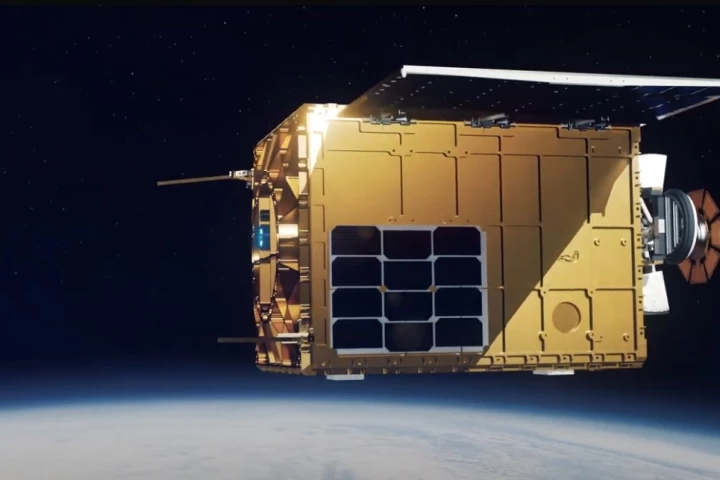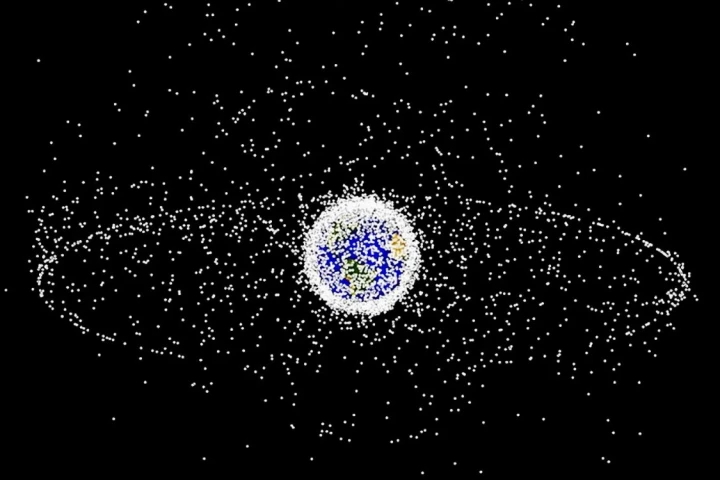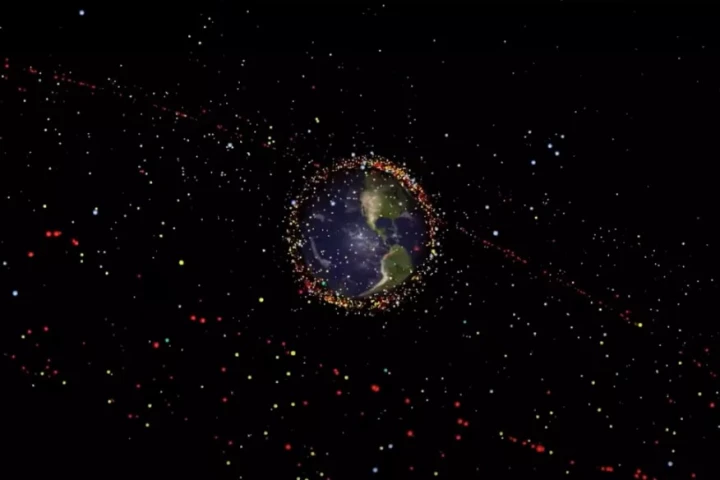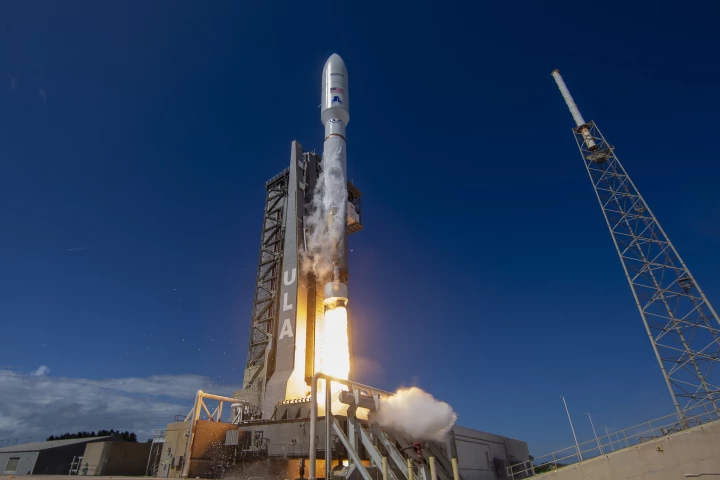Space Junk
-
SpaceX's Starlink communications satellite constellation is doing double duty as the company announces that it's moonlighting as the Stargaze Space Situational Awareness system that can track and manage traffic in low Earth orbit.
-
Terrestrial data centers are so 2025. We're taking our large-scale compute infrastructure into orbit, baby! Or at least, that's what Big Tech is yelling from the rooftops at the moment. It's quite a bonkers idea, so let's unpack what it's all about.
-
With satellites orbiting the Earth exploding into tens of thousands of pieces, the danger of collisions with space debris is a major problem, so Atomic-6 has developed new Space Armor tiles that are lighter and more effective than current systems.
-
ESA is working on a new system with the unfortunate acronym of Collision Risk Estimation and Automated Mitigation (CREAM) that is designed to automate the labor-intensive process of monitoring, assessing, and responding to possible space debris.
-
Satellites could have a longer life and space become a bit tidier if Starfish Space's Otter Pup 2 mission pans out. Scheduled to launch later this year, it aims to demonstrate how a small craft can dock with unprepared satellites for service or disposal.
-
We've deployed so many satellites into space over the last few decades that we now have a massive orbital junk problem. The European Space Agency says there's now roughly as much debris as there are active satellites floating about in Low Earth Orbit.
-
NASA has completed the analysis of a chunk of metal that crashed into the roof of a house in Naples, Florida, a few weeks ago. The agency says it came from a pallet of trash released from the International Space Station three years ago.
-
A spacecraft about the size of a gas pump is being developed for the US Space Force program to refuel orbiting satellites. The goal is to extend the lifespan of craft that have run out of juice instead of simply decommissioning them.
-
Tiny bursts of electrical energy caused by collisions of objects no wider than a pencil lead could one day allow pieces of space debris smaller than one millimeter in diameter to be tracked, reducing the danger to spacecraft in Earth orbit.
-
To help combat the growing problem of space debris, a CubeSat launched by EnduroSat on November 11, 2023 called Exo-0 includes a 100-g (3.5-oz) device developed by Airbus that uses the Earth's magnetic field to prevent dead satellites from tumbling.
-
Two test satellites blasted off on board a United Launch Alliance Atlas V rocket emblazoned with Amazon’s famous logo on Friday, ahead of more than 3,200 planned to orbit the Earth, challenging Elon Musk’s reign over broadband real estate in space.
-
As its Aeolus wind monitoring mission comes to an end, ESA is testing new procedures for deorbiting the decommissioned 1360-kg (3,000 lb) spacecraft to burn up in the Earth's atmosphere, advancing international space safety standards.
Load More
